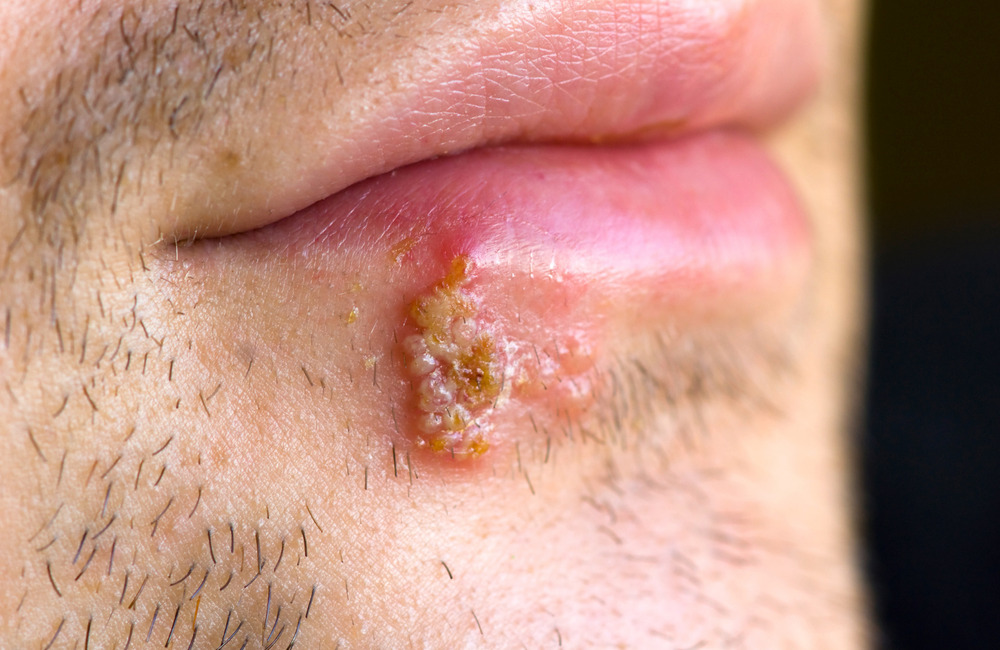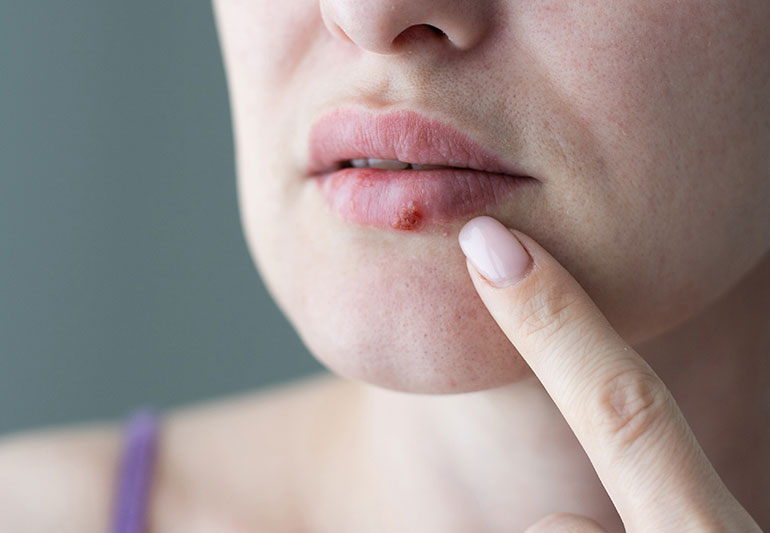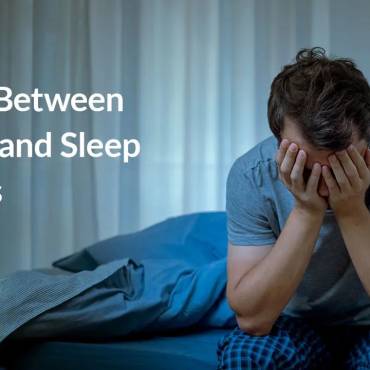Sexually active people can get genital herpes, a common sexually transmitted disease (STD). This blog will answer basic questions about genital Herpes and oral herpes treatment.
Herpes is a very common infection that is passed through skin-to-skin contact. Most adults have been exposed to herpes simplex type 1 (HSV-1), which usually appears as cold sores in the mouth. It can also cause genital Herpes. Type 2 (HSV-2) transfers through sexual contact and causes genital herpes.
What is oral Herpes?
HSV-1 often gives rise to oral herpes, which can cause cold sores or blisters on or around the mouth. However, a lot of people with oral herpes do not show symptoms. Most people with oral herpes get this infection from saliva during childhood or young adulthood (nonsexual contact). Consult your doctor for treatment of oral Herpes. You may be prescribed herpes medication to get rid of the condition.
What is genital Herpes?
Genital herpes is a sexually transmitted virus. It is common in both men and women in the US. Many people with genital herpes don’t know they have the condition because there are often no symptoms. If you develop symptoms, you most commonly get painful blisters and sores. You can transmit genital herpes to others without even knowing it. Genital herpes has no cure, but there are treatments for symptoms. This does not usually cause serious health problems.
Is there a link between oral Herpes and Genital Herpes?
Yes, there is an association between genital herpes and oral herpes, as oral herpes caused by HSV-1 can spread from the mouth to the genitals through oral sex. This is why some cases of genital herpes are due to HSV-1.
How is genital herpes spread?
You can get genital herpes by having oral, vaginal, or anal sex with an infected person. You can get the virus if you have the following:
- A herpes sore
- Saliva from a person who has an oral herpes infection
- Genital fluids from a partner who is infected with genital herpes infection
- Skin in the oral area/genital area if an infected person with oral herpes/genital Herpes
One can also get genital herpes from a sexual partner who does not have a visible sore or is unaware of the infection. There are also chances of genital herpes if you engage in oral sex from a sexual partner who already has oral herpes.
You will not get the infection by sharing toilet seats, bedding, or swimming pools. You will not get infected by only touching objects like soap, towels, etc. If you have more questions about the condition, consider discussing your concerns with a healthcare specialist.
How to know if you get infected with genital herpes?
Many people with genital herpes show no symptoms or have very mild symptoms. Mild symptoms of the conditions often go unnoticeable or be mistaken for other skin problems like acne or ingrown hair. This is the reason why most people get unaware of the fact that they are suffering from herpes infection. Herpes sores usually develop as one or more blisters on or around the mouth, rectum, or genitals. These blisters are painful sores that may take up to a week or more to heal. Herpes sores are often accompanied by flu-like symptoms such as fever, swollen glands, or body aches.
People who have an initial outbreak of herpes can have repeated outbreaks, especially if they are suffering from HSV-2. However, repeat outbreaks are usually short-term and less severe than initial outbreaks. On the other hand, genital herpes is a lifelong condition, and the number of outbreaks may decrease over time. Speak to your doctor if you notice any symptoms or if your partner has symptoms of an STD. Symptoms of an STD include an unusual sore, burning, smelly discharge, peeling, or bleeding between periods.

How to prevent genital Herpes
The only way to avoid sexually transmitted diseases is not to have oral, anal, or vaginal sex. Moreover, if you are sexually active, you should use condoms correctly every time you have sex. Being in a long-term relationship with one partner who does not have herpes.
It is important to note that not all herpes sores develop that a condom can cover. Sometimes, skin can shed and release the virus from areas without visible herpes sores. In such cases, condoms may not fully protect you from getting infected with herpes.
If your sexual partner is infected with genital herpes, you can reduce your risk of getting it in the following ways:
- Your partner follows treatment for oral herpes/genital Herpes regularly.
- Avoid having any sex when your partner has an outbreak.
Also Read: 6 Ways to Prevent AIDS
What is the association between genital Herpes and HIV?
Herpes provides a way for human immunodeficiency virus, or HIV enters the body. Even if there are no visible sores, there is an increase in the number of immune cells in the lining of the genitals. HIV targets immune cells to get entry unto the body. Being infected with both genital Herpes and HIV increases the chance of spreading the virus to an HIV-negative partner during oral, anal, or vaginal sex.
Taking HIV medications as prescribed will help keep your viral load low. If your viral load appears to drop in the tests, this means treatment for HIV is working. If you skip anti-HIV medications, you are giving HIV a chance to multiply rapidly. It is tough to treat genital herpes if you have HIV. Higher doses of HIV treatment drugs are required for herpes treatment. If you already know you have Herpes and HIV, discuss herpes HIV treatment options with your doctor. Your doctor may prescribe medications that not only treat herpes but also work as HIV prevention medication drugs.
admin
Latest posts by admin (see all)
- What is Triluma Cream? Uses, Benefits, and How It Works for Skin - December 26, 2024
- What Causes Dark Spots? Understanding the Science of Hyperpigmentation and How Skin Lightening Products Help - December 26, 2024
- Tretinoin Gel vs. Cream: Which Formulation is Right for Your Skin? - December 20, 2024



